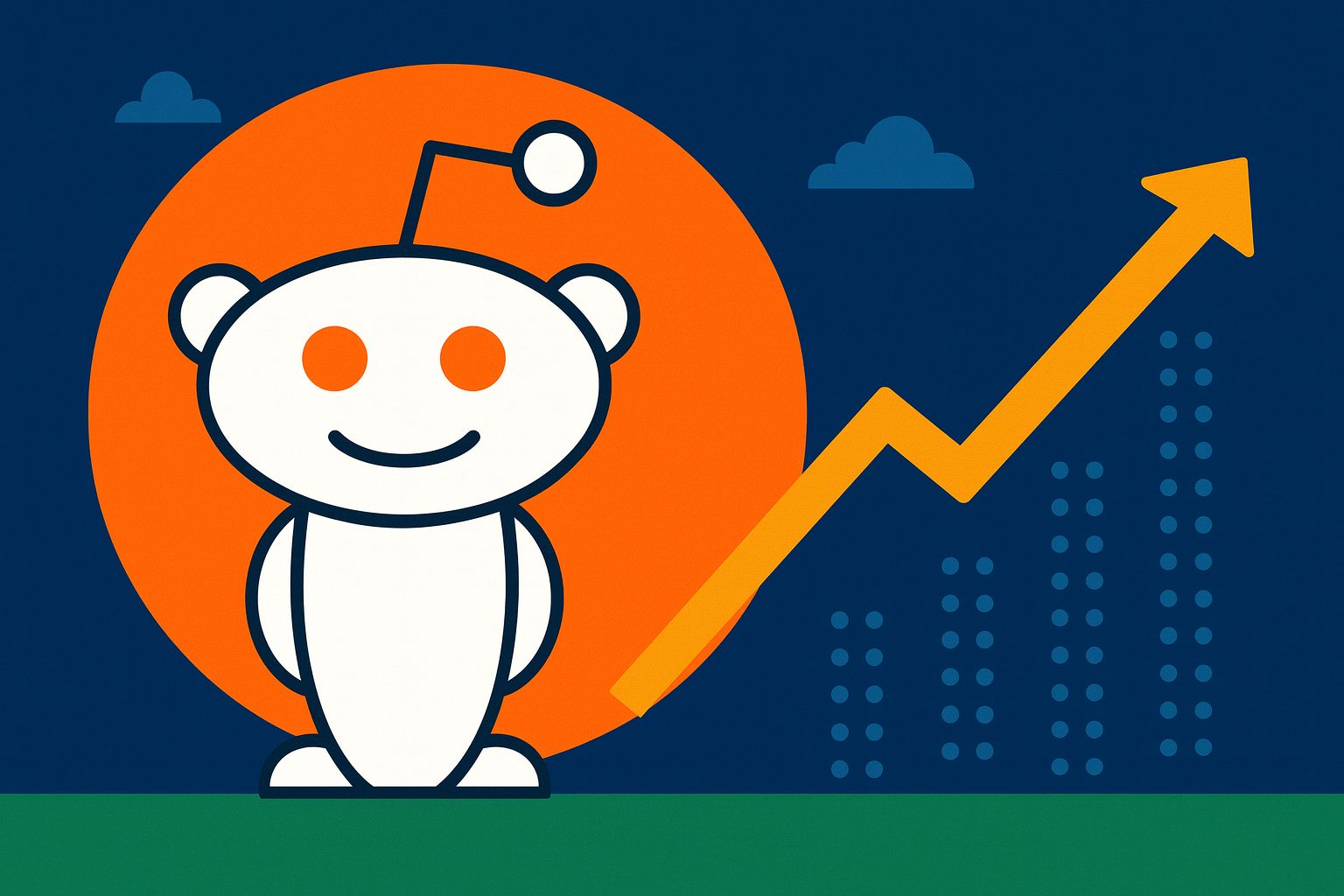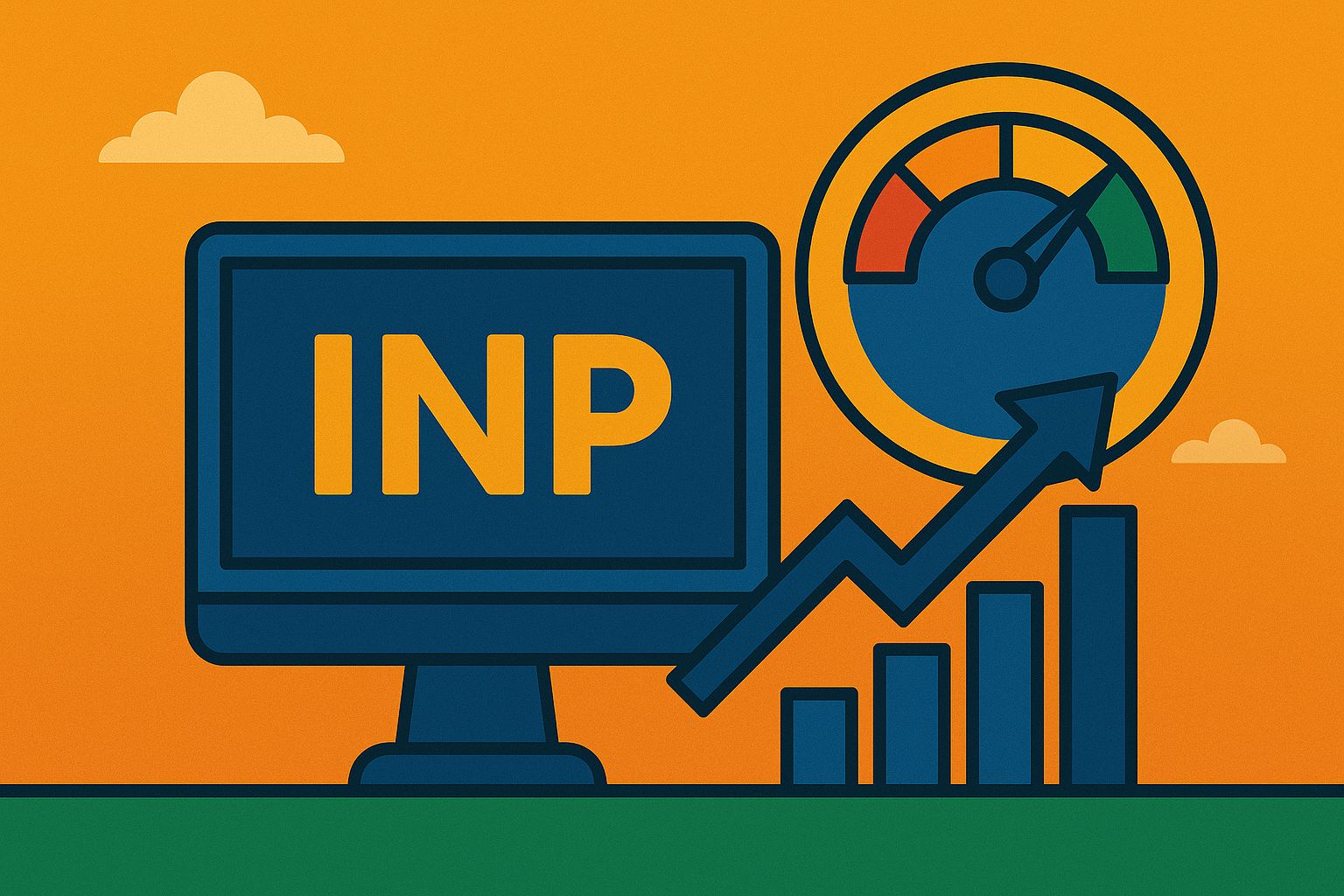As businesses increasingly rely on digital channels to reach their target audiences, the sheer volume of data generated has grown exponentially. This data explosion presents both a challenge and an opportunity: how can marketers make sense of vast amounts of information to make informed decisions that drive superior outcomes? The answer lies in the integration of artificial intelligence (AI) into marketing strategies, a development that is revolutionizing the industry and empowering marketers to make smarter, data-driven decisions. AI-driven marketing is not just a buzzword; it represents a fundamental shift in how businesses approach marketing. By leveraging AI technologies, marketers can analyze vast datasets in real-time, uncovering insights that would be impossible for humans to detect on their own. This capability allows businesses to tailor their marketing efforts with unprecedented precision, delivering personalized experiences that resonate with individual consumers. Whether it’s through predictive analytics, natural language processing (NLP), or machine learning algorithms, AI is transforming how marketing strategies are developed and executed. The promise of AI in marketing lies in its ability to turn data into actionable insights. Traditional marketing approaches often rely on intuition and experience, which, while valuable, are inherently limited. AI, on the other hand, processes data at a scale and speed that far surpasses human capabilities. It can identify patterns and trends that might otherwise go unnoticed, enabling marketers to anticipate consumer needs and preferences with remarkable accuracy. This level of insight is invaluable in today’s competitive landscape, where understanding and responding to consumer behavior in real-time can make the difference between success and failure. One of the most significant advantages of AI-driven marketing is its ability to personalize the customer experience at scale. Personalization has long been a goal for marketers, but achieving it has often been difficult due to the complexities involved in understanding individual consumer preferences. AI changes the game by automating the process of personalization. By analyzing data from various sources—such as browsing history, purchase behavior, and social media interactions—AI can create detailed profiles of individual customers. These profiles are then used to deliver personalized content, product recommendations, and targeted advertisements that speak directly to the needs and desires of each consumer.
The impact of personalization on customer engagement cannot be overstated. When consumers feel that a brand understands their needs and preferences, they are more likely to engage with that brand and remain loyal over time. AI-driven personalization not only enhances the customer experience but also drives higher conversion rates and increases the overall effectiveness of marketing campaigns. In an era where consumers are bombarded with information from all directions, the ability to cut through the noise with relevant, personalized messaging is a critical competitive advantage. Another key area where AI is making a significant impact is in automating marketing tasks. Automation has long been a part of marketing, but AI takes it to a new level by enabling more sophisticated and nuanced automation. For example, AI powered tools can automate the process of email marketing by analyzing customer data to determine the optimal time to send emails and the most effective content to include. Similarly, AI can automate social media management by analyzing engagement metrics and scheduling posts for maximum impact. By automating these and other tasks, AI frees up marketers to focus on more strategic activities that require human creativity and insight.
AI-driven marketing also excels in the area of predictive analytics, which involves using data to forecast future outcomes. Predictive analytics allows marketers to anticipate trends, forecast demand, and identify potential opportunities or challenges before they arise. For instance, by analyzing past customer behavior, AI can predict which products are likely to be in high demand in the future, enabling businesses to optimize their inventory and marketing strategies accordingly. Predictive analytics can also help marketers identify which customers are at risk of churning and implement retention strategies to keep them engaged. While the benefits of AI-driven marketing are clear, the adoption of AI also presents certain challenges and ethical considerations. Data privacy is a significant concern, as AI relies on vast amounts of personal data to function effectively. Marketers must ensure that they are collecting and using data in a manner that complies with privacy regulations and respects customer consent. Additionally, there is the risk of bias in AI algorithms, which can lead to unintended consequences, such as excluding certain customer segments or perpetuating stereotypes. It is crucial for businesses to implement measures to mitigate these risks and ensure that their AI driven marketing strategies are ethical and inclusive. As AI continues to evolve, its role in marketing will only grow in importance. The future of AI driven marketing is likely to see even more advanced applications, such as the integration of AI with emerging technologies like augmented reality (AR) and virtual reality (VR). These technologies, combined with AI, have the potential to create immersive, personalized experiences that engage customers in new and exciting ways. For example, AI-powered AR could allow customers to virtually try on products before purchasing, while AI driven VR could offer personalized virtual tours of real estate properties.
Understanding AI Driven Marketing
AI-driven marketing refers to the use of artificial intelligence technologies to analyze data, predict trends, automate tasks, and optimize marketing strategies. It encompasses a wide range of AI applications, including machine learning, natural language processing (NLP), and data analytics, to gain insights into consumer behavior, preferences, and interactions. These insights enable marketers to create more targeted and effective campaigns, ultimately leading to better customer engagement and increased ROI. At its core, AI driven marketing is about harnessing the power of data to make informed decisions. By analyzing historical and real-time data, AI can identify patterns and trends that might not be apparent through traditional methods. This allows marketers to anticipate customer needs, optimize content delivery, and allocate resources more efficiently.
The Role of AI in Data Driven Decision Making
One of the most significant advantages of AI-driven marketing is its ability to process and analyze large volumes of data at unprecedented speed and accuracy. In an era where data is generated at an exponential rate, businesses can no longer rely solely on human analysis to make sense of it all. AI-powered tools can sift through vast datasets, identifying relevant information and extracting actionable insights.
For example, machine learning algorithms can analyze customer purchase histories, browsing behavior, and social media interactions to predict future buying patterns. This enables marketers to tailor their messaging and offers to individual customers, increasing the likelihood of conversion. Additionally, AI can help identify potential customer segments that were previously overlooked, opening up new avenues for growth. Moreover, AI-driven marketing tools can optimize pricing strategies by analyzing market trends, competitor pricing, and customer willingness to pay. By dynamically adjusting prices based on real-time data, businesses can maximize revenue and stay competitive in a rapidly changing market.
Personalization at Scale
Personalization has become a cornerstone of modern marketing, and AI is the driving force behind delivering personalized experiences at scale. Traditional marketing approaches often rely on broad demographic segmentation, which can result in generic messaging that fails to resonate with individual customers. AI, on the other hand, enables hyper-personalization by analyzing vast amounts of data to understand each customer’s unique preferences, behaviors, and needs. For instance, AI can analyze a customer’s browsing history, previous interactions with a brand, and even sentiment expressed in social media posts to create highly personalized content. This content can be delivered through various channels, such as email, social media, or personalized recommendations on e-commerce platforms. By tailoring messages to the individual, businesses can increase engagement, build stronger relationships, and drive conversions. AI-driven personalization also extends to product recommendations. E-commerce giants like Amazon and Netflix have set the standard for AI powered recommendation engines that suggest products or content based on a user’s past behavior. These recommendations are not only accurate but also contextually relevant, enhancing the overall customer experience.
Automating Marketing Tasks
Automation is another key benefit of AI driven marketing. By automating repetitive and time consuming tasks, marketers can focus on more strategic activities that require human creativity and insight. AI-powered automation tools can handle a wide range of tasks, from email marketing and social media management to content creation and lead generation.
For example, AI can automate email marketing campaigns by analyzing customer behavior and triggering personalized emails at the optimal time. This not only saves time but also increases the effectiveness of email campaigns by delivering the right message to the right person at the right time. Similarly, AI can automate social media posting by analyzing engagement metrics and determining the best times to post content for maximum reach. AI-driven chatbots are another powerful tool for automating customer interactions. These chatbots can handle customer inquiries, provide personalized recommendations, and even assist with purchases. By providing instant, round-the-clock support, chatbots improve customer satisfaction and reduce the burden on human customer service teams.
Enhancing Customer Insights
Understanding customer behavior is essential for effective marketing, and AI provides marketers with deeper insights than ever before. AI powered analytics tools can analyze vast amounts of data from multiple sources, including social media, website interactions, and customer feedback, to create a comprehensive view of each customer.
Sentiment analysis is one such AI application that allows marketers to gauge customer sentiment towards a brand or product. By analyzing text from social media posts, reviews, and surveys, AI can determine whether customers are expressing positive, negative, or neutral sentiments. This information is invaluable for identifying areas where a brand is excelling or where improvements are needed. Additionally, AI can help identify customer pain points by analyzing patterns in customer complaints or support interactions. This allows businesses to proactively address issues before they escalate, improving customer satisfaction and loyalty.
Predictive Analytics for Better Decision Making
Predictive analytics is a powerful AI driven tool that enables marketers to forecast future outcomes based on historical data. By identifying patterns and trends, predictive analytics can help businesses anticipate customer behavior, optimize marketing strategies, and make more informed decisions.
For example, predictive analytics can be used to forecast demand for a product, allowing businesses to optimize inventory levels and avoid stockouts. It can also predict customer churn, enabling marketers to implement retention strategies before customers switch to a competitor. Predictive analytics can also be applied to lead scoring, helping sales teams prioritize leads that are most likely to convert. By analyzing data from previous leads, AI can identify key characteristics that indicate a high likelihood of conversion, allowing sales teams to focus their efforts on the most promising opportunities.
Ethical Considerations and Challenges
While AI driven marketing offers numerous benefits, it also raises important ethical considerations and challenges. One of the primary concerns is data privacy. AI relies on vast amounts of data to function effectively, but this data often includes sensitive customer information. Marketers must ensure that they are collecting, storing, and using data in a manner that complies with privacy regulations and respects customer consent. Another challenge is the potential for bias in AI algorithms. If the data used to train AI models is biased, the resulting decisions and recommendations may also be biased. This can lead to unintended consequences, such as excluding certain customer segments or perpetuating stereotypes. It is crucial for marketers to regularly audit their AI models and take steps to mitigate bias. Moreover, the increasing reliance on AI driven automation can lead to a loss of the human touch in marketing. While AI can handle many tasks more efficiently than humans, it is essential to strike a balance between automation and human creativity. Marketers must ensure that their campaigns still reflect the brand’s values and connect with customers on an emotional level.
The Future of AI Driven Marketing
The future of AI-driven marketing is promising, with new advancements and applications emerging at a rapid pace. As AI technology continues to evolve, we can expect even more sophisticated tools that provide deeper insights, greater automation, and enhanced personalization. One area of growth is the integration of AI with other emerging technologies, such as augmented reality (AR) and virtual reality (VR). These technologies, combined with AI, have the potential to create immersive and personalized customer experiences. For example, AI-powered AR could allow customers to virtually try on products before making a purchase, while AI driven VR could offer personalized virtual tours of real estate properties.
Another trend to watch is the increasing use of AI in voice search and conversational marketing. As voice assistants like Amazon’s Alexa and Google Assistant become more prevalent, optimizing for voice search will become increasingly important. AI-driven marketing strategies will need to adapt to this shift by creating content that is optimized for voice queries and developing voice-based interactions with customers. Finally, as AI becomes more integrated into marketing, the role of marketers will continue to evolve. While AI will take over many of the more routine tasks, marketers will need to focus on strategic decision making, creativity, and innovation. The ability to work alongside AI, leveraging its capabilities while maintaining a human-centered approach, will be key to success in the future of marketing.
Conclusion
AI-driven marketing is transforming the way businesses make decisions, engage with customers, and achieve superior outcomes. By harnessing the power of AI, marketers can gain deeper insights, deliver personalized experiences, and automate tasks, all while optimizing resources and driving business growth. However, it is essential to navigate the ethical considerations and challenges that come with AI adoption to ensure that marketing strategies remain customer-centric and aligned with the brand’s values. As AI technology continues to advance, the opportunities for AI driven marketing will only expand, offering new ways to connect with customers and stay ahead of the competition. By embracing AI, businesses can make smarter decisions, create more impactful marketing campaigns, and achieve superior outcomes in today’s competitive marketplace.




